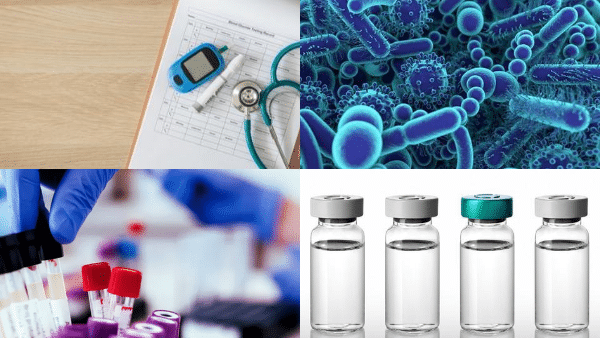General population screening pilot

Behind the physical signs of T1D, chemical markers in the blood act as signposts of the silent autoimmune processes taking place in the body. These markers, known as islet autoantibodies, may be present months or even years before clinical symptoms develop, presenting a unique opportunity to catch T1D at its earliest stage.
A population-wide autoantibody screening program is a key component of our vision of a world without T1D. While T1D susceptibility does involve a genetic component, only 10% of people who develop T1D have a family history. Through screening, we can identify those in the population who are in the early, preclinical stage of T1D, before they start showing symptoms. These are the people who will benefit most from taking part in clinical trials of therapies that aim to slow the onset of T1D, or even prevent it altogether.
Overseas screening programs have also markedly reduced the rate of complications like diabetic ketoacidosis (DKA). Up to 30% of children in Australia experience DKA at diagnosis – a serious, potentially fatal consequence of unchecked blood sugar levels. By screening for T1D before blood sugar levels increase significantly, we can decrease rates of DKA and improve long-term outcomes for T1D.
The JDRF General Population Screening program is led by Dr Kirstine Bell from the Charles Perkins Centre, University of Sydney.
Read more about population screening for T1D.
Download our flyer with information for healthcare professionals.

I am interested in hearing more about…
